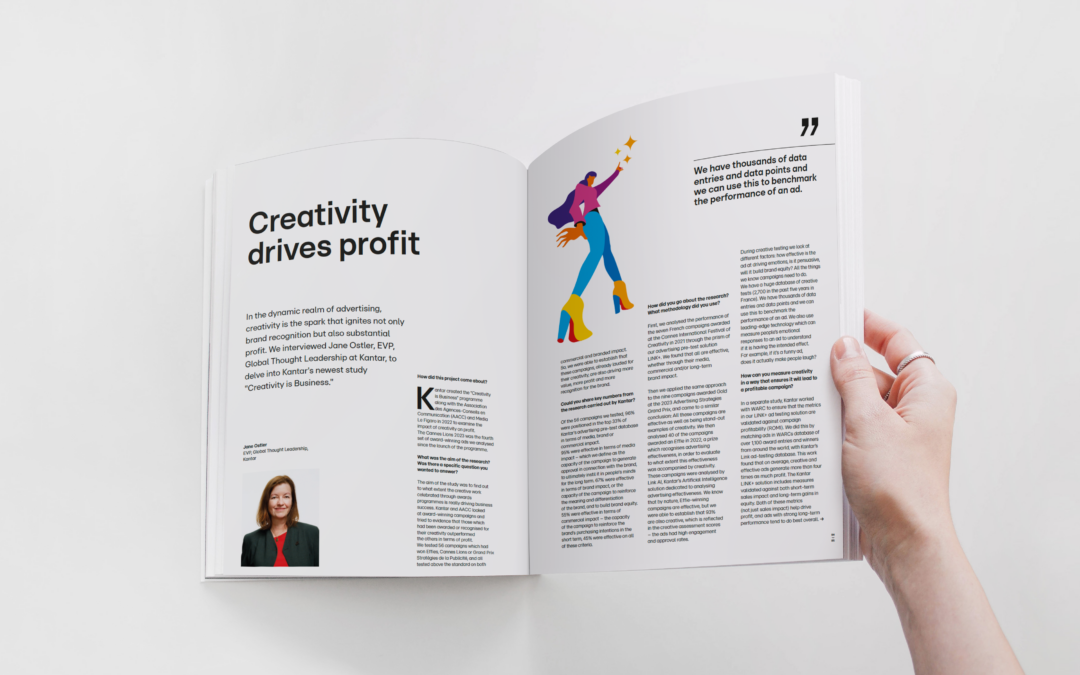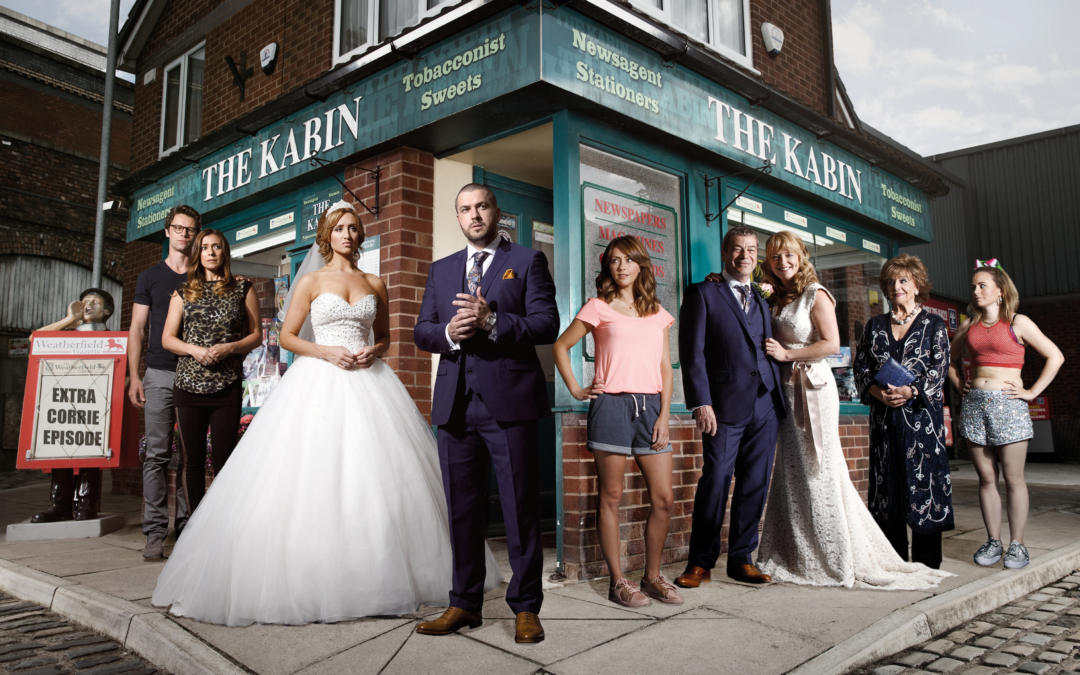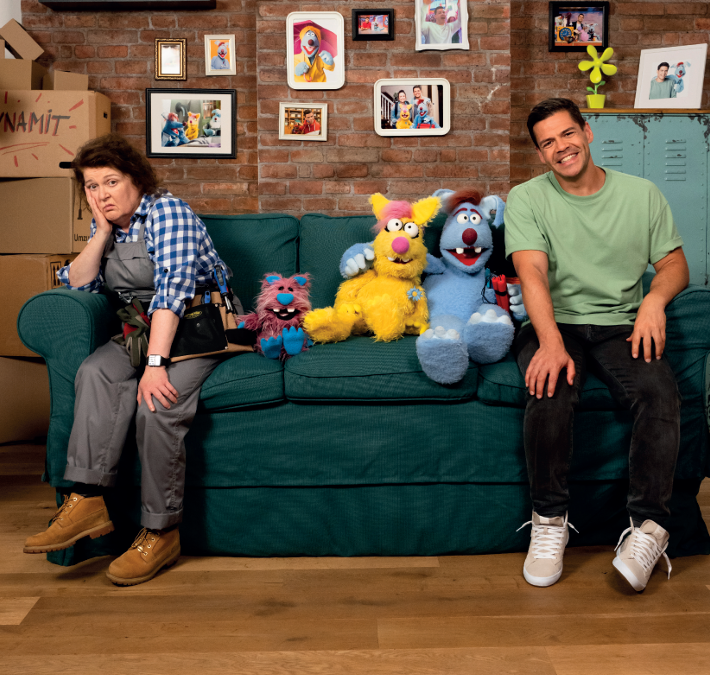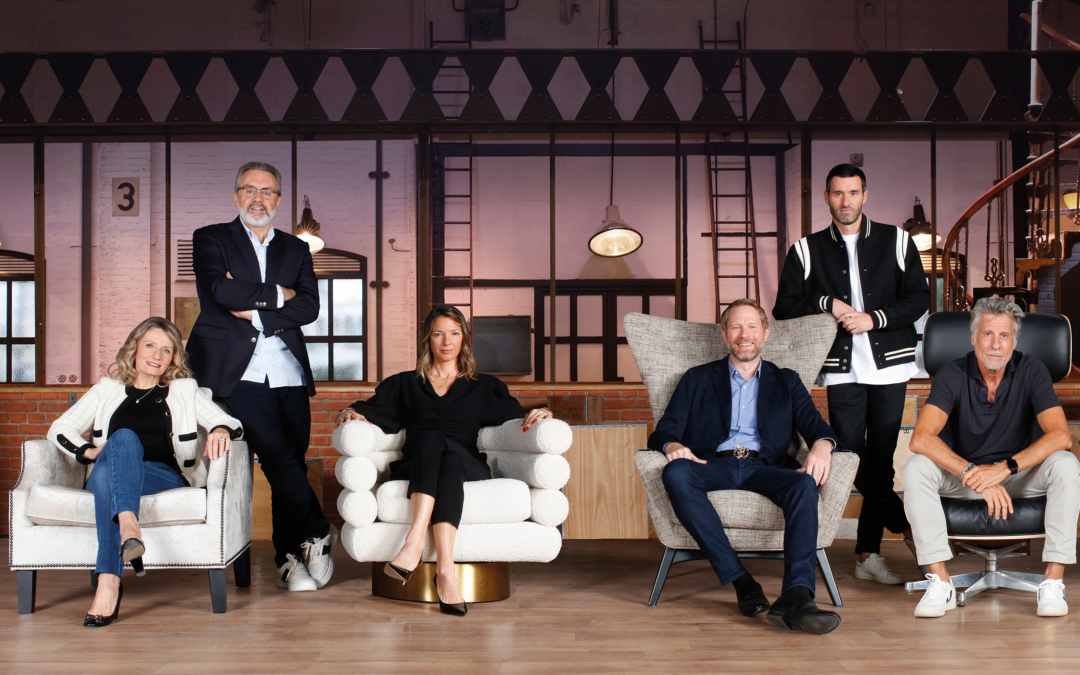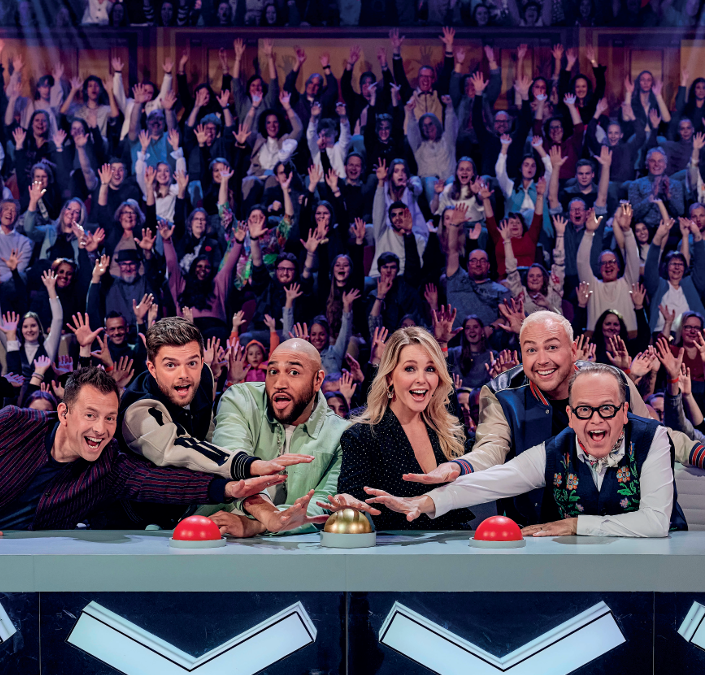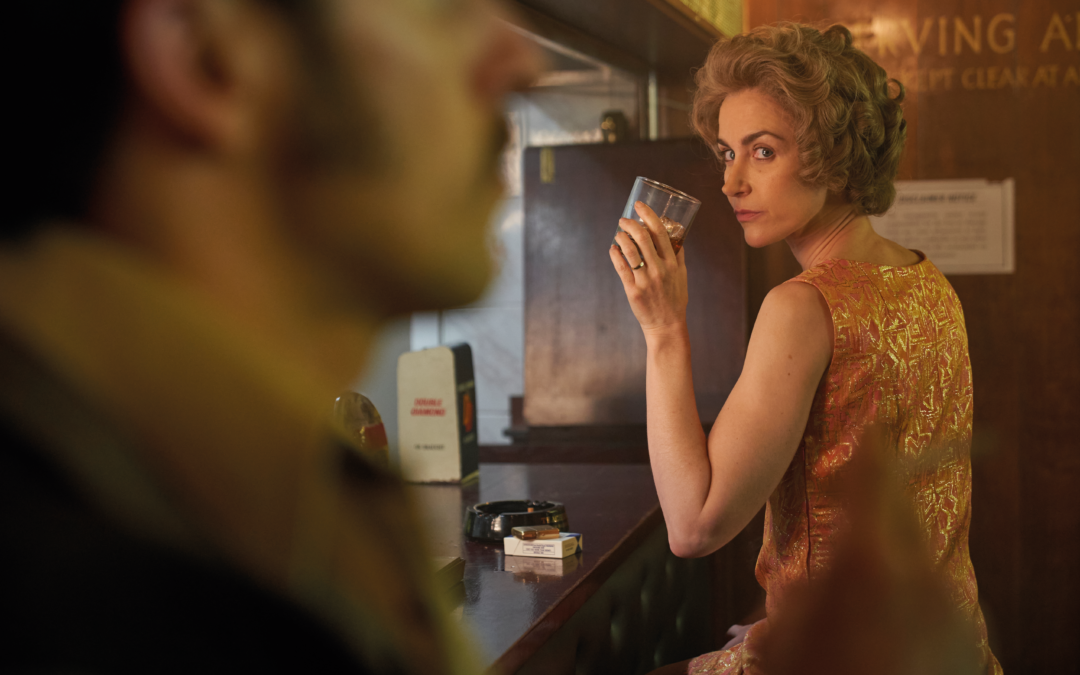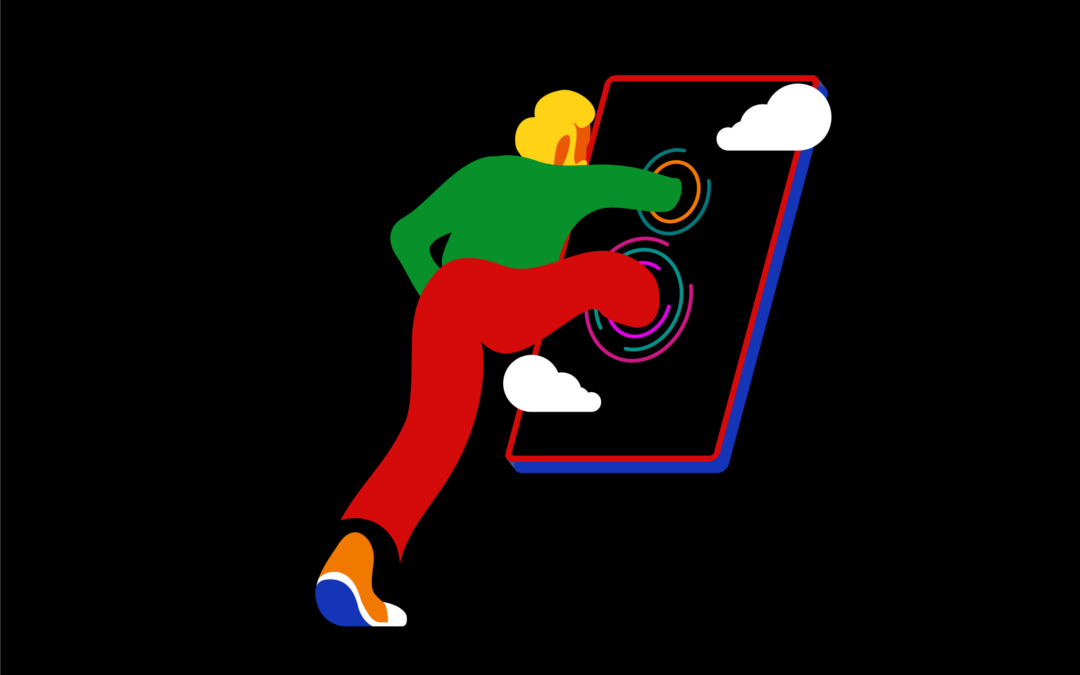Laurent Haulotte, News and Sports Director at RTL Belgium, offers the Belgian view on the issues around disinformation and the complex situation faced by journalists today.
How would you describe the situation in Belgium compared with other regions?
Fake news is a global problem and Belgium is no exception. People are confronted with disinformation mainly through social networks. As news professionals, we have to take that into account in order to clarify our stories and take time to dismantle the lies of fake news. On another note, according to RSF (Reporters without borders), Belgium is 12th in the world ranking of press freedom. We rarely encounter restrictions, and the rights and freedom of the press are well respected by the authorities. We are also very protected from any sort of political pressure. They respect our independence. Our main concern in recent years has been the verbal, and (sometimes physical) threats during social movements such as the Yellow Vests by people who believe that the press is in the hands of the government or some other interest group. We had to be careful when reporting on their actions. This has increased during the peaks of the pandemic and the growing distrust towards “mainstream medias” in certain groups of the population.
REMAINS IN THE
USE OF UNSOURCED
PICTURES OR
VIDEO FOOTAGE
IN BREAKING NEWS
How do you prevent and detect fake news?
There is a growing concern about fake news in the media industry. Everyone is alert. The main problem remains the use of unsourced pictures or video footage in the case of breaking news. How do you ensure it is not a fake? We have to take more time to verify, though we are in live news situation. At RTL Belgium, we rely mainly on our ethics, our principles and critical thinking – the basics of journalism. We also use tools developed by other medias such as AFP factual, Decodex or Hoaxbuster.
How is the news media perceived in Belgium?
In Belgium, trust in news overall remains high, and the downward trend of recent years has been reversed (says the Reuters Institute). Trust in major news brands remains stable. But, the pandemic, has been a flourishing period for anti-vaxxers and other promoters of disinformation. Some have tried to discredit national media through so called “documentaries”, that have reached a large audience on social networks.
What are the core values that RTL Belgium has at heart?
Independance, objectiveness, neutrality.
How is the fake news issue dealt with by RTL Belgium?
We have developed a specific sequence in our TV news programmes and on our website, called “La vérif’ RTL Info” (“RTL Info fact checking”). The purpose is to take a “news” story that is going viral on social networks and explain if it is true or not.
What’s RTL Belgium editorial strategy?
We have developed a news-centric approach. We see news as common content, not something specific to any media in particular. Collecting news is done under common editorial principles, common tools (allowing us to share a maximum of information, audio, and videos). At a certain point, in order to reach specific audiences, the way to distribute news becomes specific to a media. A radio or a TV report is not an Instagram story or a web story. Formats and narrative may differ though the substance of the story is the same. We believe this is an interesting way to reach the maximum audience, whatever their age or the social category. /

